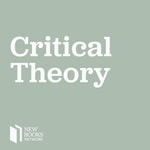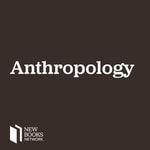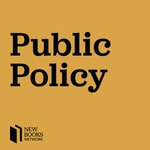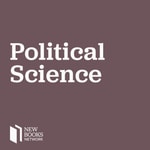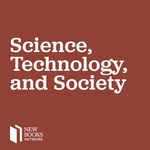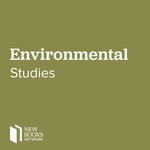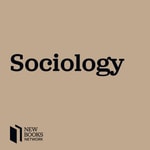New Books in Animal Studies – Details, episodes & analysis
Podcast details
Technical and general information from the podcast's RSS feed.
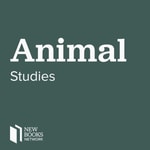
New Books in Animal Studies
New Books Network
Frequency: 1 episode/17d. Total Eps: 303

Recent rankings
Latest chart positions across Apple Podcasts and Spotify rankings.
Apple Podcasts
🇫🇷 France - books
30/06/2025#95🇨🇦 Canada - books
11/04/2025#84
Spotify
No recent rankings available
Shared links between episodes and podcasts
Links found in episode descriptions and other podcasts that share them.
See allRSS feed quality and score
Technical evaluation of the podcast's RSS feed quality and structure.
See allScore global : 63%
Publication history
Monthly episode publishing history over the past years.
Rebecca Heisman, "Flight Paths: How a Passionate and Quirky Group of Pioneering Scientists Solved the Mystery of Bird Migration" (Harper, 2025)
Episode 386
mardi 8 avril 2025 • Duration 41:59
Will Potter, "Little Red Barns: Hiding the Truth, from Farm to Fable" (City Lights Books, 2025)
Episode 173
dimanche 6 avril 2025 • Duration 38:18
Chris Pearson, "Collared: How We Made the Modern Dog" (Profile Books, 2024)
Episode 75
samedi 25 janvier 2025 • Duration 46:43
Sillies: Horses
Episode 126
lundi 7 août 2023 • Duration 19:22
Arin Greenwood, "Your Robot Dog Will Die" (Soho, 2019)
Episode 54
lundi 31 juillet 2023 • Duration 01:03:12
Tom Mustill, "How to Speak Whale: A Voyage into the Future of Animal Communication" (Grand Central Publishing, 2022)
Episode 132
jeudi 13 juillet 2023 • Duration 53:45
The Future of Oceans: A Discussion with Chris Armstrong
Episode 68
lundi 3 juillet 2023 • Duration 34:46
The Killer Whale Journals: Our Love and Fear of Orcas
Episode 166
jeudi 29 juin 2023 • Duration 58:34
Benjamin Schultz-Figueroa, "The Celluloid Specimen: Moving Image Research into Animal Life" (U California Press, 2023)
Episode 53
dimanche 18 juin 2023 • Duration 01:19:52
Josh Milburn, "Food, Justice, and Animals: Feeding the World Respectfully" (Oxford UP, 2023)
Episode 52
jeudi 15 juin 2023 • Duration 01:16:00


